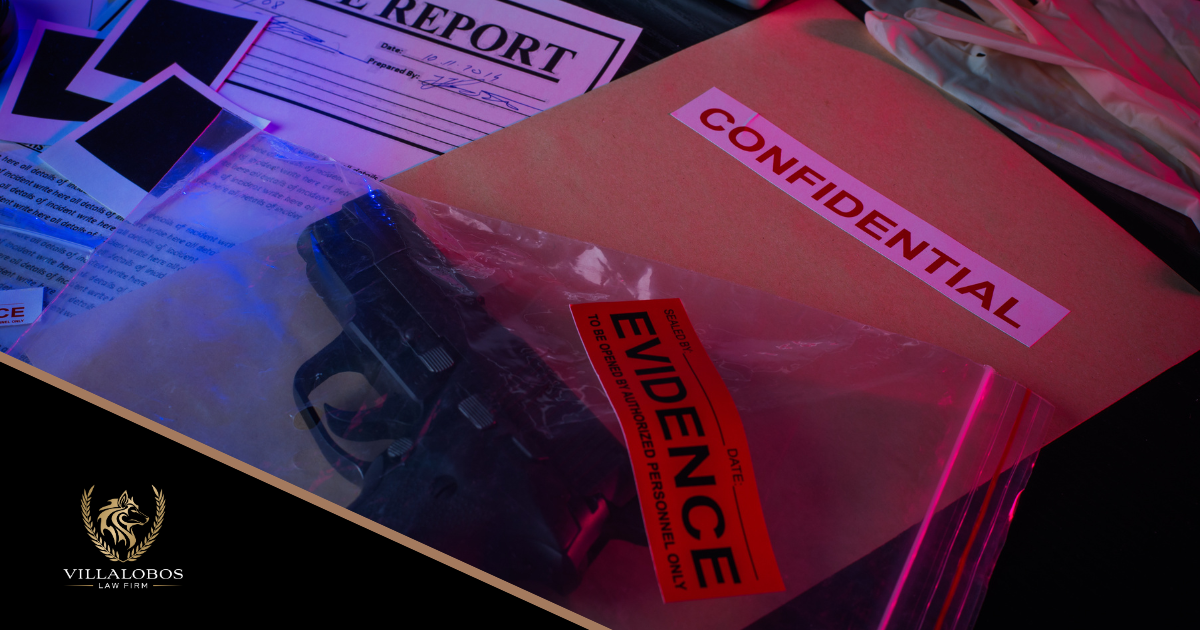How Illegal Search and Seizure Affects Criminal Cases in Texas

In Texas, the right to be free from unreasonable searches and seizures receives protection under both state and federal law. When law enforcement violates this right, it can significantly impact the outcome of a criminal case. This guide will explore how illegal search and seizure in Texas affect criminal cases and provide insights into challenging improperly obtained evidence.
The Fourth Amendment and Illegal Searches and Seizure in Texas
The Fourth Amendment protects individuals from unreasonable searches and seizures, requiring law enforcement to obtain a warrant based on probable cause before conducting a search of private property. Exceptions allow for warrantless searches, such as cases involving consent, exigent circumstances, or evidence in plain view.
When law enforcement violates these principles, any evidence gathered during the illegal search could be inadmissible in court. The “exclusionary rule” deters police misconduct and protects individual rights by excluding improperly obtained evidence.
Common Illegal Search and Seizure Scenarios in Texas
Illegal search and seizure in Texas can occur in various ways, including:
- Lack of a Warrant: When law enforcement conducts a search without obtaining a valid search warrant or without probable cause.
- Exceeding the Scope of a Warrant: If officers search areas or seize items not specified in a warrant, they may conduct an illegal search.
- Lack of Consent: If a search occurs without the property owner’s consent or legal justification (such as exigent circumstances), it may be unlawful.
- Coercion or Force: When consent is given under duress or pressure from law enforcement, the search may be considered illegal.
Challenging Illegally Obtained Evidence
In Texas criminal cases, you can challenge illegally obtained evidence by filing a motion to suppress. This motion asks the court to exclude the evidence, arguing that your constitutional rights were violated.
The Exclusionary Rule and Its Impact

The exclusionary rule is vital in criminal defense. It ensures that unlawfully obtained evidence is not used against you. If the court agrees the evidence was obtained illegally, it can be suppressed and kept out of the trial.
In some cases, the suppression of key evidence can lead to the dismissal of charges, particularly if the prosecution’s case hinges on the suppressed evidence.
The Role of a Criminal Defense Attorney
A skilled criminal defense attorney identifies violations of your rights and files motions to suppress improperly obtained evidence. Your attorney will review the circumstances of the search, evaluate the validity of any warrants, and ensure that law enforcement followed proper procedures.
If the evidence in your case was obtained through an illegal search and seizure in Texas, your attorney will work to have it excluded from your trial. This can weaken the prosecution’s case and, in some instances, result in the dismissal of charges altogether.
At Villalobos Law Firm, we have extensive experience defending clients against criminal charges in Texas. If you believe you’ve been subject to an illegal search and seizure, don’t hesitate to contact us. We’ll protect your rights and work to suppress any improperly obtained evidence, ensuring you receive the strongest defense possible.
Stay Informed and Protected with Villalobos Law Firm
Stay updated on your rights and the latest developments in Texas criminal law by following Villalobos Law Firm on social media. Our expert legal insights will keep you informed and prepared to navigate the legal system confidently.

